Is YouTube Social Media or Something Else Entirely?
YouTube is a huge platform. It’s difficult to overlook, with billions of users, billions of hours of video viewed daily, and an impact on almost every nation and sector. However, the question has been circulating for years: is YouTube social media, or is it something else?
The answer may seem apparent at first. Likes, shares, comments, and subscribers are all fairly typical social media features. However, if you take a closer look, you’ll discover a deeper discussion. One that forces us to reconsider what platforms mean in the digital age.
Comparing YouTube to Traditional Social Media Platforms
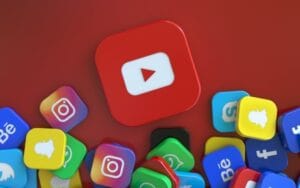
Let’s contrast YouTube with other popular platforms like Facebook, Instagram, TikTok, and Twitter (now X) to gain a better understanding of its place in the market. A comparison of some of their key characteristics can be found here:
| Feature | YouTube | TikTok | Twitter (X) | ||
| Content Type | Videos (long/short) | Mixed media | Photos, Stories | Short-form videos | Text & media |
| Primary Purpose | Content viewing & creation | Social interaction | Visual sharing | Entertainment | News & opinions |
| Comment System | Yes | Yes | Yes | Yes | Yes |
| User Profiles | Yes | Yes | Yes | Yes | Yes |
| Algorithm-Driven Feed | Yes | Yes | Yes | Yes | Yes |
| Monetization Options | Strong | Limited | Limited | Growing | Limited |
| Community Building | Moderate | Strong | Moderate | Moderate | Moderate |
YouTube undoubtedly has a lot in common with more established social media sites, but it also emphasizes content production over merely interacting with others.
What Really Defines “Social Media”?
We must first define social media before we can assign a label to YouTube. Generally speaking, social media platforms include:
- Make user-generated content available.
- Promote social interaction in the community.
- Encourage communication through networks.
YouTube meets all of those requirements. Users create content, audiences engage through likes and comments, and creators build communities around their channels. Nevertheless, YouTube frequently seems more like a broadcasting site than a social media one. And that counts.
YouTube as a Hybrid Platform
Let’s face it, YouTube is different. It’s a hybrid, not just one thing. a combination of social networking, search engine, video hosting, and an entertainment center. One minute it functions as a community forum, the next as a television network.
YouTube content lasts a long time, unlike Instagram, where posts disappear quickly, or Twitter, where real-time chatter dominates. Even now, a well-produced video from five years ago can generate more views, comments, and ad revenue. Most social media sites don’t operate like that.
The Role of Community Features
YouTube has made significant investments in social features despite its focus on videos:
- Viewers can post jokes, criticisms, and thoughts in the comments section.
- Text updates, images, and polls are made possible by community posts (for qualified creators).
- Creators can communicate with fans in real time through live streaming.
- Access to exclusive content and loyalty are fostered by memberships.
However, a lot of users still consume passively despite these tools. Not everyone interacts with others. Others simply observe and go on.
Search Engine Power
Remember that YouTube is the world’s second-largest search engine, after its owner, Google. It has more power than other social media sites because of this. It is used for problem-solving, research, and search. How recently have you visited Instagram or Facebook to fix a sink?
YouTube becomes more of an informational tool than a platform for social interaction as a result of this search-oriented behavior.
Is YouTube a Social Network or Media Company?

It becomes philosophical at this point. YouTube falls squarely in the middle of social media, which is about networks and interaction, and media companies, which are about broadcasting and content production.
Creators are publishers as well as users. Many have turned their channels into full-fledged businesses. Ads, sponsorships, memberships, and courses are how they make money. Some even have studios, teams, and editors. That sounds more like a media entrepreneur than your typical “social media influencer.”
Algorithm Influence and Virality
We must not overlook the function of algorithms. YouTube has one of the most sophisticated recommendation systems in the world. It can elevate a video despite its excellent content, make or break a video, or send a creator viral overnight.
Instead of fostering a purely social culture, this degree of algorithmic control produces a platform-driven one. Instead of merely conversing with friends, users frequently feel as though they are working with (or against) the system.
Audience Behavior on YouTube
YouTube also offers a different viewing experience.
Typically, people don’t visit YouTube to find out what their friends are doing. They visit:
- View tutorials.
- Take in podcasts.
- Follow the creators you like.
- Obtain news updates.
- Have fun.
This conduct suggests a mindset of media consumption rather than merely social interaction.
So… Is YouTube Social Media?

The ideal response? Both yes and no.
Yes, since it facilitates communication, community, and sharing.
No, because its main purpose is content creation and consumption rather than socializing.
YouTube is a category unto itself in many respects. It takes inspiration from search engines, social media, and streaming services, but it doesn’t entirely fit into any one category. And perhaps that’s what gives it its strength.
Final Thoughts
The question, “Is YouTube social media?” lacks a definitive response. YouTube combines the distinctive qualities of a search engine and content platform with aspects of social media. It stands out while still blending in with the digital social world thanks to its vast array of content, community engagement, and video-sharing features. YouTube continues to influence our online connections and consumption, whether you consider it social media or something else entirely.
FAQs
Q1. Does YouTube qualify as social media?
Due to its user-generated content, community engagement, and social features like comments and subscriptions, YouTube is frequently categorized as social media.
Q2. What distinguishes YouTube from other social media sites?
Unlike Facebook and Instagram, which are more focused on real-time sharing and networking, YouTube is primarily a search engine and concentrates on long-form video content.
Q3. Is YouTube a social network or a search engine?
It’s both. In addition to being the second-biggest search engine in the world, YouTube offers social networking tools like community posts, likes, comments, and profiles.
Q4. Can you build a community on YouTube?
Definitely. Many creators use live streaming, regular content, and other methods to cultivate devoted, robust communities.
Q5. Like other social media platforms, does YouTube have an impact on social trends?
Like TikTok or Instagram, YouTube has a big impact on fashion, music, social trends, and even language.
Q6. Why is YouTube considered a social media platform by some?
Because it prioritizes consuming content over interacting with others. Many users passively watch videos without engaging or forming networks.
Q7: Is YouTube a better option for businesses than other social media sites?
Yes, for some industries. More chances for long-form narrative, instruction, and evergreen content that gradually generates traffic and leads are provided by YouTube.

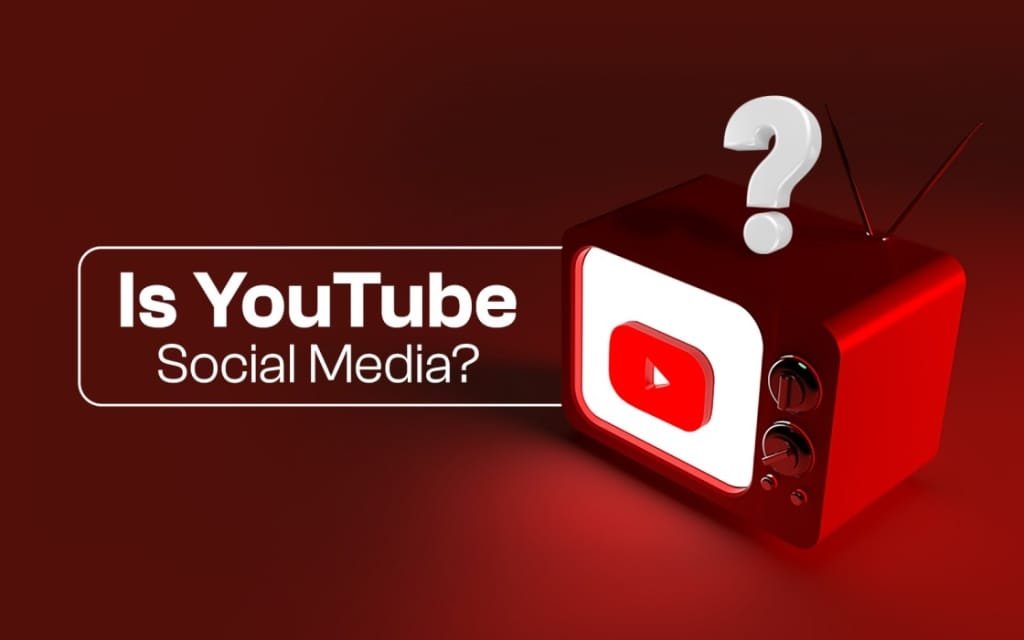
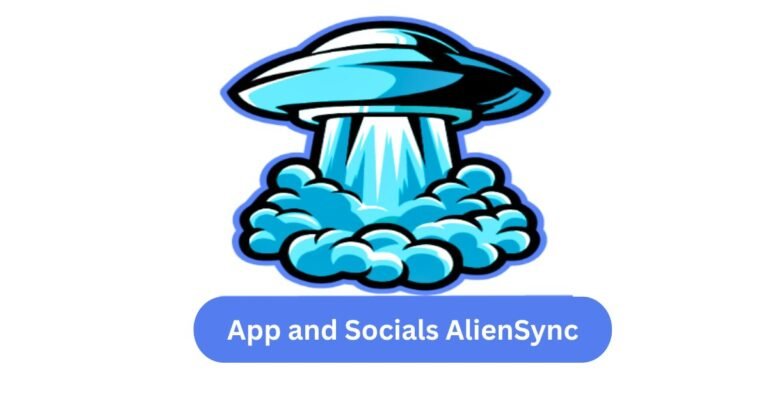
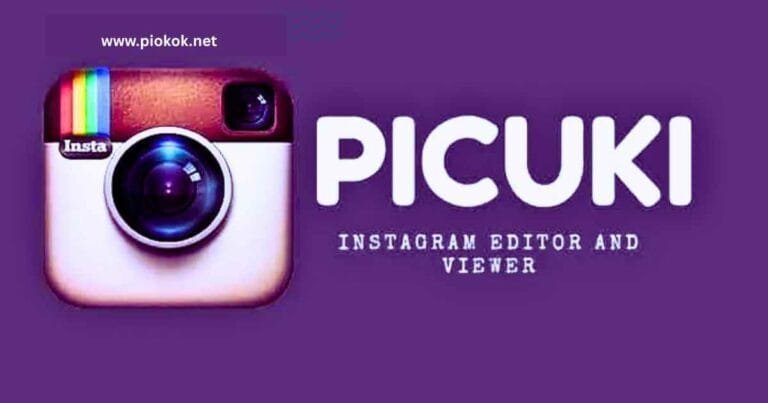


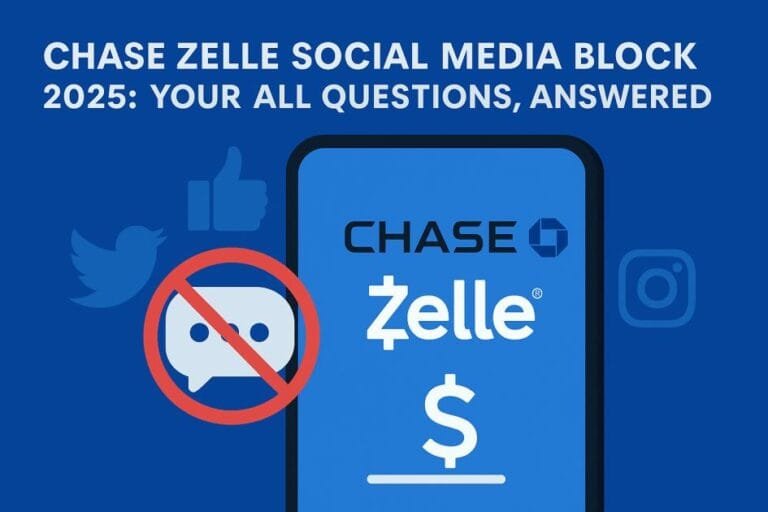
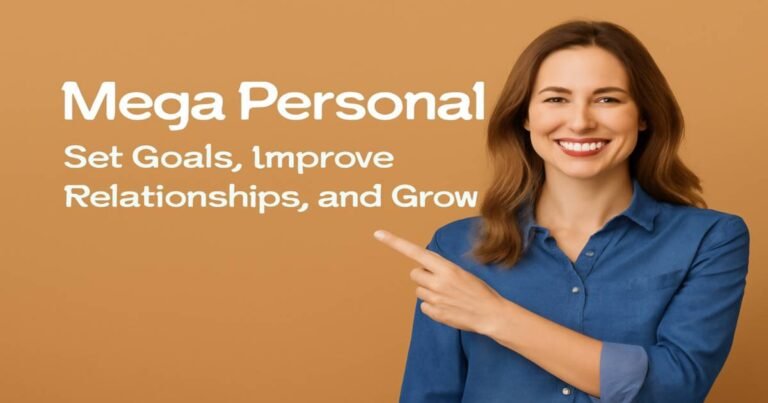
One Comment